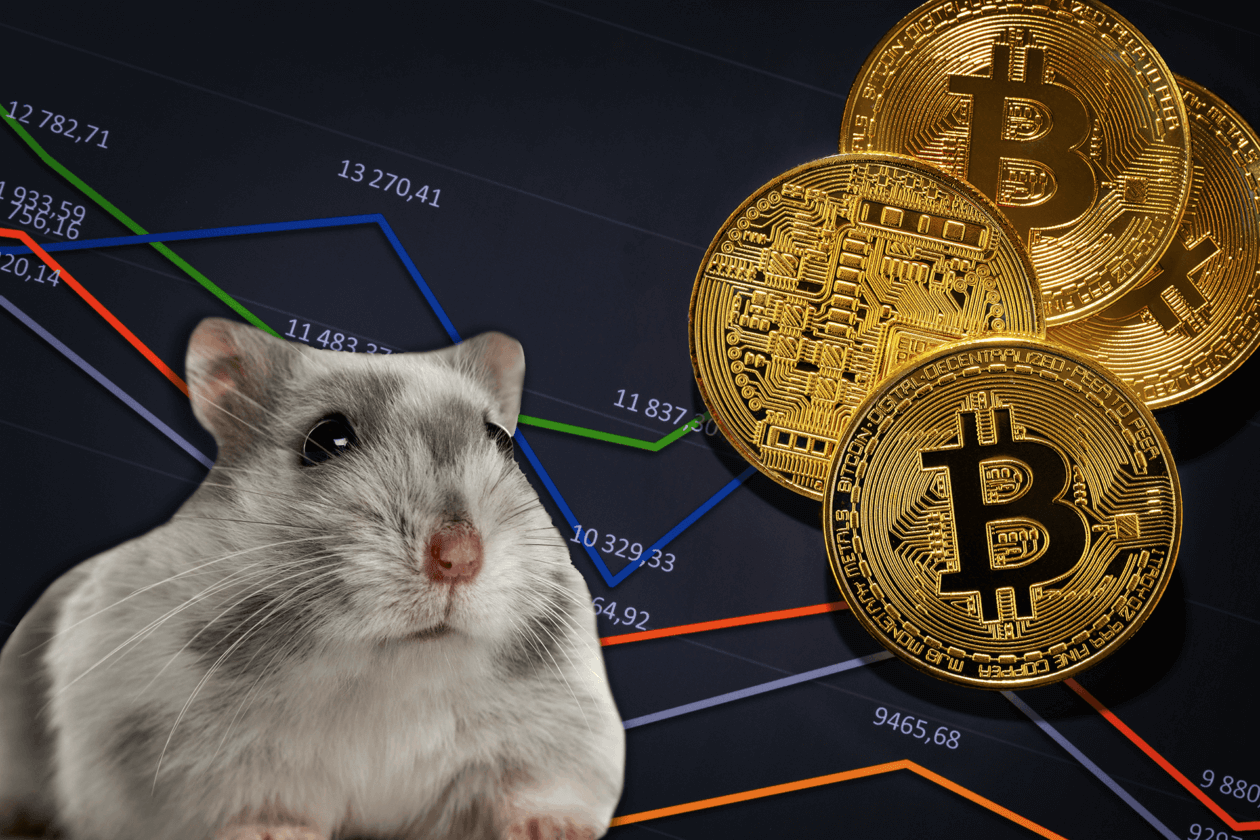Well, it is a truth universally acknowledged: investors come in all shapes and sizes.
Some people enjoy being hands-on with their investing.
Some people enjoy being hands-off with their investing.
Some people love to pick their own stocks.
Some people love to have their stocks picked for them.
And then…well…there are investors that aren’t even people at all.
Are you smarter than a chimpanzee?
Meet Raven Thorogood III.
He’s a chimp with an unusual pedigree.
Believe it or not, he once ran his own stock index — MonkeyDex. And in 1999, he delivered an astonishing return of 213%.
- This was double the gain of the Nasdaq.
- This was quadruple the gain of the Dow Jones.
- This was better than the performance of 6,000 human brokers.
Well, holy moly. Imagine that.
According to the Guinness Book of World Records, this made Raven the most successful chimp on Wall Street. Also, Raven was the 22nd most successful fund manager in the United States.

Source: Seeking Alpha
Raven’s method of stock-picking was unique, to say the least:
- A dartboard was set up, featuring 133 internet companies.
- Raven was encouraged to toss 10 darts.
- Bam! Bam! Bam!
- Those random hits formed the basis for MonkeyDex.
Pure genius.
So, which companies did Raven select?
Here’s a list:
- AudioHighway (Nasdaq:AHWY)
- CMGI (Nasdaq:CMGI)
- iMall (Nasdaq:IMAL)
- Inktomi (Nasdaq:INKT)
- Kushner-Locke (Nasdaq:KLOC)
- ISSX Group (Nasdaq:ISSX)
- Lycos (Nasdaq:LCOS)
- NetSpeak (Nasdaq:NSPK)
- OnSale (Nasdaq:ONSL)
- OzEmail (Nasdaq:OZEMY)
Right away, Raven was on a winning streak. In particular, CMGI rose an incredible 95% in just six trading days.
Not bad for a chimp who had never traded stocks in his life. Up until this point, Raven’s only talent seemed to be making acting appearances in films and commercials. And now, overnight, he was a financial superstar.
Maybe Raven had found his life’s true calling.
But…hold on. Wait.
As it turns out, this situation was not all that it was cracked up to be.
Here’s what I previously wrote about those heady times:
We kind of take it for granted now. But remember: the internet was cutting-edge tech back in the ‘90s. It encouraged sweaty palms, racing hearts, and soaring imaginations. Through the wonders of dial-up modems and copper telephone wiring, anyone could connect to the World Wide Web. The potential seemed dizzying and endless.
Naturally enough, internet businesses exploded. Seemingly overnight, a flood of new companies went public. Some of these names are legendary, and chances are, you will feel a touch of nostalgia at the mention of them.
AOL. eBay. Yahoo. GeoCities. Excite. Lycos. Netscape…
The internet was boiling hot. And it created a feverish stampede as people snapped up shares in any dot-com company. Financial speculation became rampant, and confidence in this ‘new economy’ skyrocketed.
As a result, the Nasdaq index peaked in March 2000, hitting an astounding 5,047.62 points. The mood was jolly as employees and executives at dot-com companies became overnight millionaires. This juggernaut seemed unstoppable.
And then…it suddenly ran out of steam, and it all came crashing down in dramatic fashion.
I’m talking gasp-inducing and groan-worthy.
In October 2002, the Nasdaq plunged to 1,114 points, down 78% from its peak.
In the horrific aftermath, over 50% of internet companies collapsed, and fortunes were wiped out.
So, how did Raven fare when this house of cards came tumbling down?
Well, as it turns out, not very good at all.
- In August 2000, MonkeyDex was reportedly down 34%, while the Nasdaq was up by 3.37% for the year.
- By the end of 2002, MonkeyDex was completely wiped out.
- Eventually, every stock on MonkeyDex proved to be worthless.
Monkey business, indeed.
We’ve all heard the old saying: ‘A rising tide lifts all boats.’
This accounts for Raven’s initial success. The dot-com boom was short and sharp, and it was possible to be lucky in the short-run with a highly concentrated portfolio of only 10 internet stocks.
However, in the long-run, legendary investor Warren Buffett had the final say: ‘Only when the tide goes out do you discover who’s been swimming naked.’
Uh-huh. Indeed.
Still, despite the big tech crash of the early 2000s, it was only a matter of time before animal investors made a comeback.
Are you smarter than a hamster?
Meet Mr Goxx.
He’s a hamster, and he works out of his own trading office — Goxx Capital.
Since June 2021, this furry phenomenon has been on a successful run. He has outperformed both Warren Buffet and the S&P 500 Index. He is, quite literally, the most successful rodent on Wall Street.
Well, golly.

Source: Forkast
Mr Goxx specialises in cryptocurrency, and his enclosure is wired to maximise his creativity.
Here’s how it works:
- Mr Goxx’s miniature office is equipped with a hamster wheel and two tunnels.
- When it’s time to decide which crypto to trade, Mr Goxx simply gets on the wheel and starts running. This spinning action activates a rolodex of choices.
- When Mr Goxx steps off, the wheel slows to a stop — click, click, click — and the rolodex pointer lands on a crypto. This locks in his choice.
- Next, the order is placed when Mr. Goxx runs through one tunnel labelled ‘Buy’ or another tunnel labelled ‘Sell’.
- Voila! The trade is successfully executed.
Like Raven the chimp before him, Mr Goxx is a bona fide celebrity. He even has his own Twitch TV channel, where you can watch him trade, eat, and sleep.
Mr Goxx reportedly has the best work-life balance on Wall Street. He’s free to do what he wants, how he wants, when he wants. No pressure.
So, how exactly will this experiment turn out in the end?
Hey, who can say?
But in the meantime, let’s enjoy it for it is: cuteness overload and pure entertainment value!
The bottom line
At Quantum Wealth Report, my colleague Simon Angelo and I are looking beyond dartboards and hamster wheels.
We love analysing quantum trends — and already, we have covered urgent wealth issues like the Demographic Cliff, video games, 3D printing, electric vehicles, and gold.
I believe that a tidal wave of change is on the horizon. In fact, more things may happen in the next 10 years than in the last 100.
How will you know? How will you respond? What is your strategy?
Rest assured, you don’t need to be furry or four-legged to capture the latest investment trends. You simply need premium global intelligence — and that’s what we’re here for.
No monkey business at all. Promise!
Regards,
John Ling
Analyst, Wealth Morning
(This article is general in nature and should not be construed as any financial or investment advice. To obtain guidance for your specific situation, please seek independent financial advice.)






John is the Chief Investment Officer at Wealth Morning. His responsibilities include trading, client service, and compliance. He is an experienced investor and portfolio manager, trading both on his own account and assisting with high net-worth clients. In addition to contributing financial and geopolitical articles to this site, John is a bestselling author in his own right. His international thrillers have appeared on the USA Today and Amazon bestseller lists.